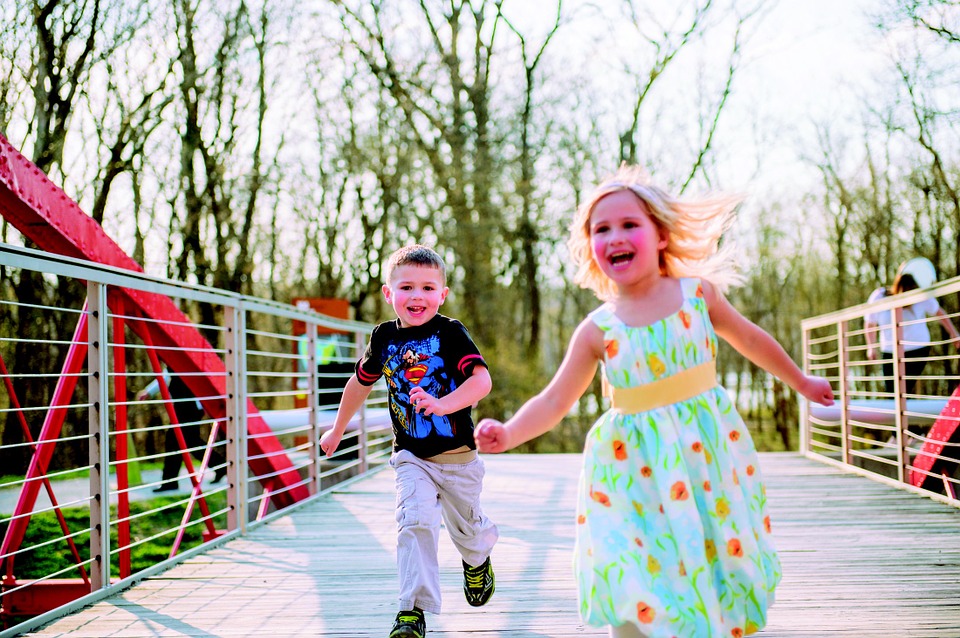1 in 10 children are not meeting the minimum required amount of physical activity each day
It has been suggested that children aged under 5 should be active for a minimum of 3 hours per day. ‘Every movement counts’ is the motto of a new Department of Health campaign that aims to get children moving and promote physical activity for at least 180 minutes every day. Suggested activities to keep children active include dancing, tummy time, climbing and messy play, with the three hours being spread out across the day. Children who are active for at least 3 hours each day have a better chance of living a healthy lifestyle, sleeping better at night and being ready to learn.
Studies however have found that 1 in 10 children are not meeting the required amount of time. This can have a detrimental effect on the health and well being of children and impact on their attention and listening. Only a small 9% of children aged between 2 and 4 years old are meeting the guidelines, with a worrying 84% of children that are active for less than one hour per day. The main cause could be contributed to televisions and games consoles that can capture children’s attention for long periods of time and restrict their physical activity.
Department of Health are working towards a childhood obesity strategy that aims to decrease figures of obesity in children that has steadily increased in recent years. This strategy, originally scheduled for the winter of 2015 then changed to spring 2016, has now been pushed back again to this summer. It is said to be due to a range of complex issues, however with the ever changing government due to Brexit, this could be rescheduled again.
Accessing the right amount of physical activity is important for children to promote healthy development, with Early Years settings playing an important role in spreading this information. The above infographic will be displayed on posters and leaflets in health centres and settings, with the aim of initiating conversations around physical activity between practitioners and families.

